Summaries of books about European History:
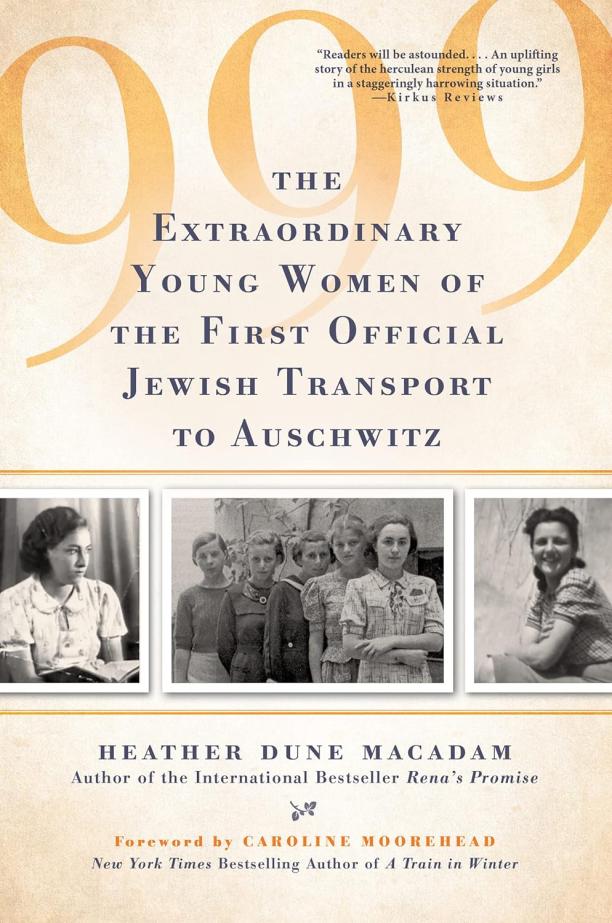
999
The Extraordinary Young Women of the First Official Jewish Transport to Auschwitz
Heather Dune Macadam
The book chronicles the harrowing experiences of the first group of Jewish women who were transported to Auschwitz in 1942, detailing their struggles, solidarity, and the brutal conditions they endured. It delves into the personal stories of these women, drawing from extensive research and interviews to paint a vivid portrait of resilience and the human spirit in the face of unimaginable atrocity.
See full summary
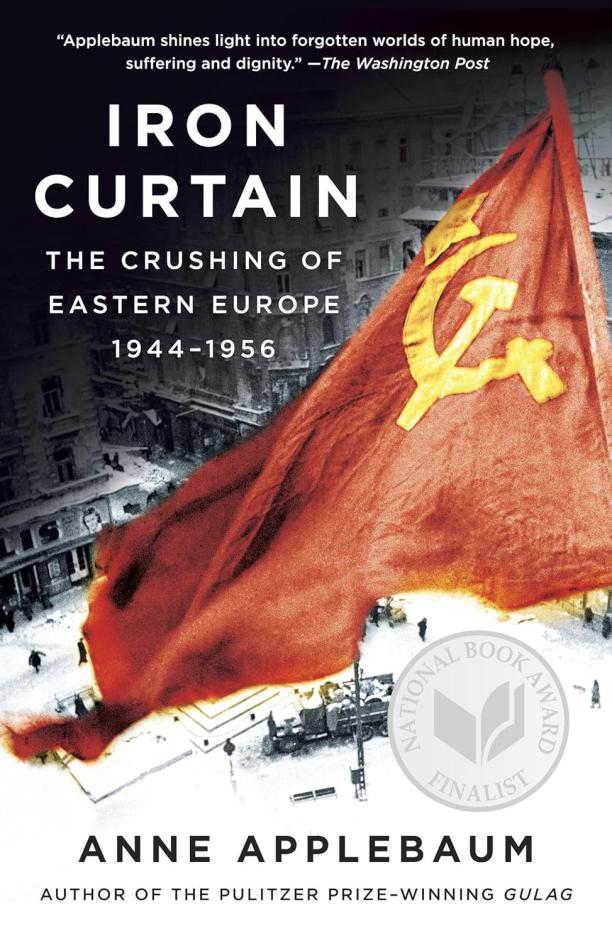
Iron Curtain
The Crushing of Eastern Europe, 1944-1956
Anne Applebaum
The book provides a detailed historical analysis of how the Soviet Union imposed its authoritarian system on Eastern European countries after World War II. It examines the political, social, and cultural transformation during the Stalinist era, including the methods of repression and control used to consolidate communist power in the region.
See full summary

Tudors
The History of England Volume II
Peter Ackroyd
The book provides a detailed narrative of the Tudor dynasty, covering the political, religious, and cultural transformations in England from Henry VIII's reign through Elizabeth I's era. It delves into the lives of the monarchs, the Reformation, and the establishment of the Church of England, set against the backdrop of the Renaissance and the Age of Discovery.
See full summary

River Kings
A Times Book of the Year 2021
Cat Jarman
The book delves into the history of the Vikings, exploring their far-reaching trade networks and cultural impact from Scandinavia to the Byzantine Empire and beyond, through the lens of bioarchaeology and forensic science. It uncovers a complex Viking world through artifacts and human remains, challenging traditional narratives about Viking raids and expansion.
See full summary
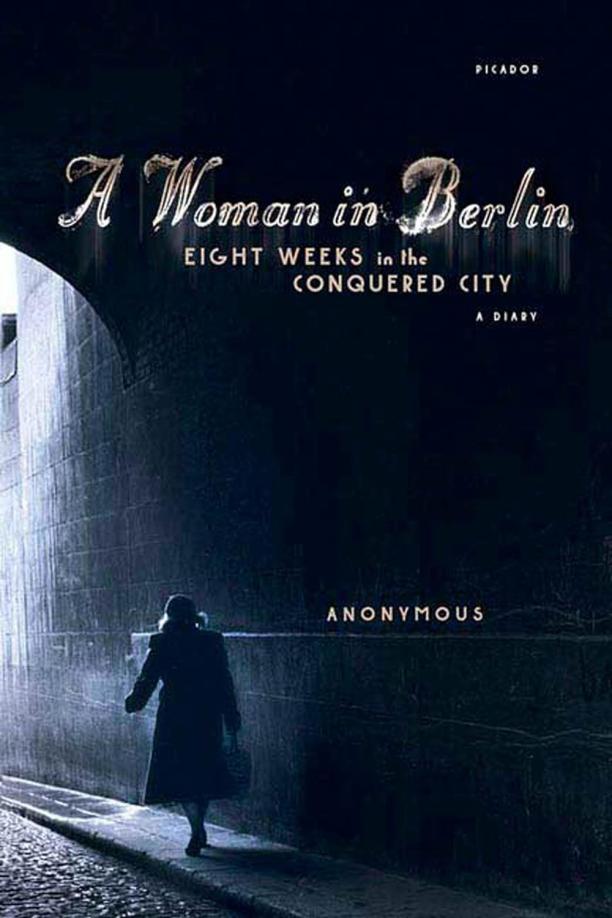
A Woman in Berlin
Eight Weeks in the Conquered City: A Diary
Anonymous
The book is a personal diary chronicling the experiences of a German woman during the fall of Berlin at the end of World War II. It provides a raw and harrowing account of the daily struggles, including encounters with rape and survival, as Soviet troops occupied the city.
See full summary
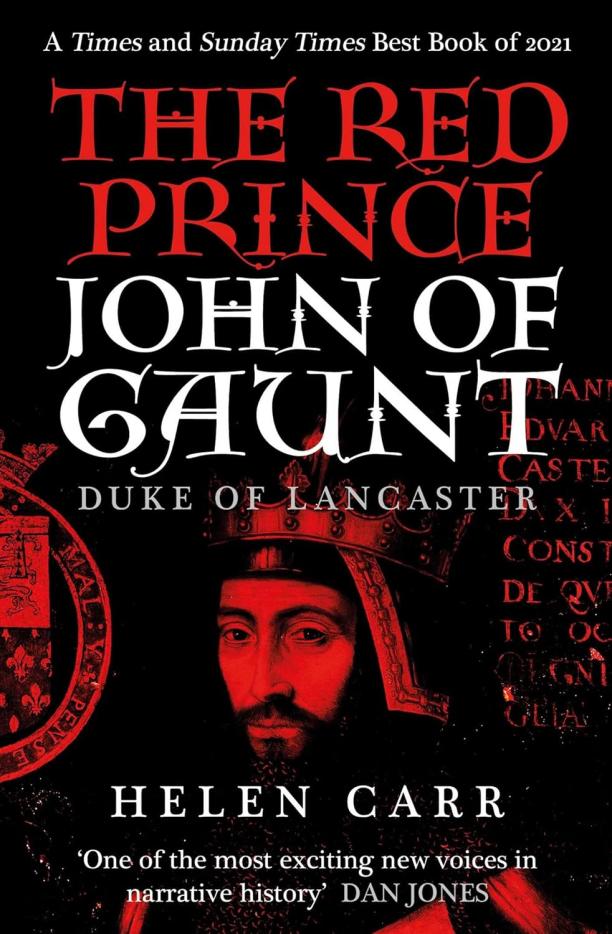
The Red Prince
The Life of John of Gaunt, the Duke of Lancaster
Helen Carr
The book chronicles the life and times of John of Gaunt, a 14th-century English nobleman, exploring his political influence, personal relationships, and role in the shaping of medieval England. It delves into his impact on the Plantagenet dynasty, his patronage of the arts, and his legacy in European history.
See full summary

Secondhand Time
The Last of the Soviets
Svetlana Alexievich
The book is a rich oral history of the disintegration of the Soviet Union and the emergence of a new Russia, told through the intimate testimonies of everyday people who lived through the tumultuous period. It weaves together personal narratives that capture the complex tapestry of post-Soviet life, reflecting on the impact of the USSR's fall on individual lives and the collective Soviet identity.
See full summary

The Lost King
The Search for Richard III
Philippa Langley|Michael Jones
The book chronicles the remarkable quest of Philippa Langley to locate the lost grave of Richard III, which leads to the discovery of the king's remains beneath a Leicester car park. It intertwines historical research with the personal journey of Langley, revealing the challenges faced and the impact of the find on our understanding of history.
See full summary
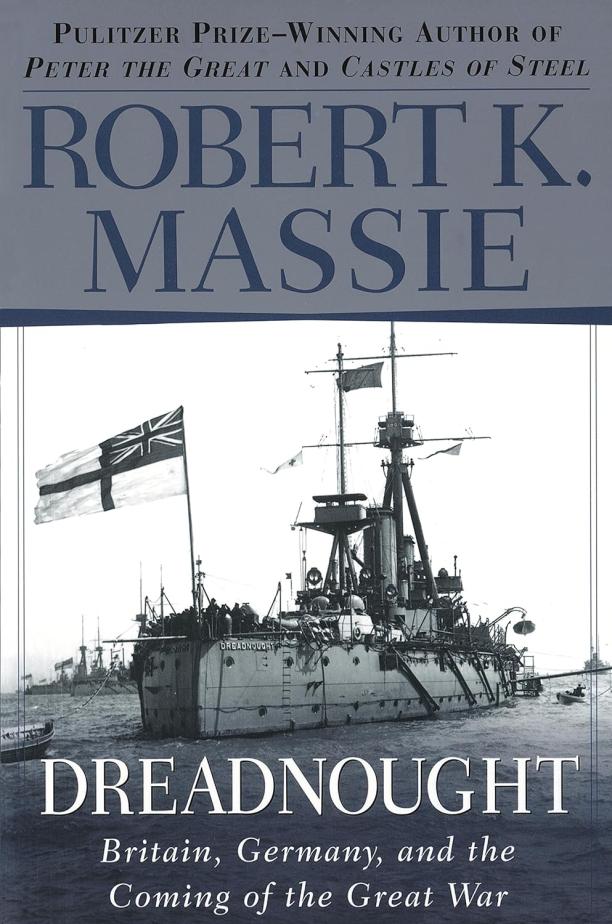
Dreadnought
Britain, Germany, and the Coming of the Great War
Robert K. Massie
The book provides a detailed historical account of the naval arms race between Britain and Germany in the early 20th century, setting the stage for World War I. It delves into the political, technological, and personal dynamics that fueled the competition and shaped the geopolitical landscape of the era.
See full summary
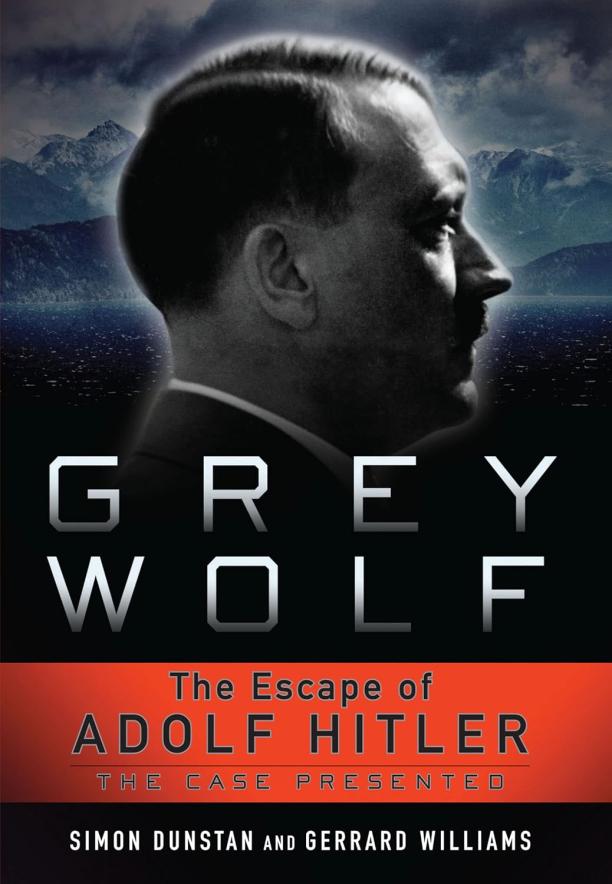
Grey Wolf
The Escape of Adolf Hitler, The Case Presented
Simon Dunstan|Gerrard Williams
The book presents a controversial theory that Adolf Hitler did not die in his Berlin bunker in 1945 but instead escaped to Argentina, living out his days in South America. It compiles testimonies, historical discrepancies, and evidence to argue that Hitler faked his own death and fled with the help of international sympathizers.
See full summary